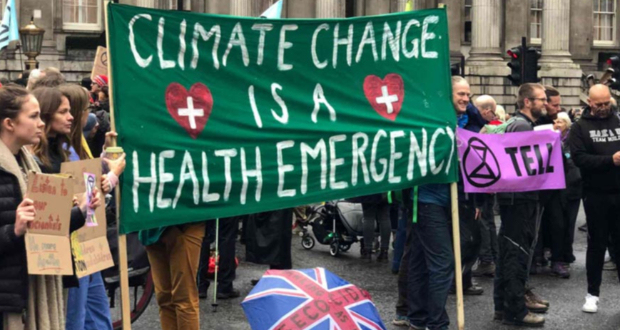After a tumultuous period marked by lockdowns, losses, and unprecedented disruptions, the global community found solace in the World Health Organisation’s (WHO) declaration that COVID-19 no longer constituted a Public Health Emergency of International Concern (PHEIC). However, this respite is accompanied by an enduring reality: The end of one crisis does not signify the end of challenges to human health. As aptly observed by the WHO Director-General, ‘‘In the face of overlapping and converging crises, pandemics are far from the only threat we face”. Climate change is one such looming threat—with profound health implications.
The undeniable and intrinsic link between human and planetary health underscores the urgent need to address climate change as a pressing public health issue. As climate change approaches critical tipping points, its impact on human health grows increasingly evident. Thus, it is no surprise that the WHO has formally recognised climate change as the 'single biggest threat to health in the 21st century’. This acknowledgement has spurred global calls for classifying climate change as a public health emergency, resonating across various sectors and regions.
The undeniable and intrinsic link between human and planetary health underscores the urgent need to address climate change as a pressing public health issue.
Can climate change be legally classified as a public health emergency? This article examines the imperative to recognise climate change as a public emergency, highlighting its profound impact on human health and the classification challenges under the International Health Regulations (IHR). It probes the intersection of global health governance and the urgency of climate action.




